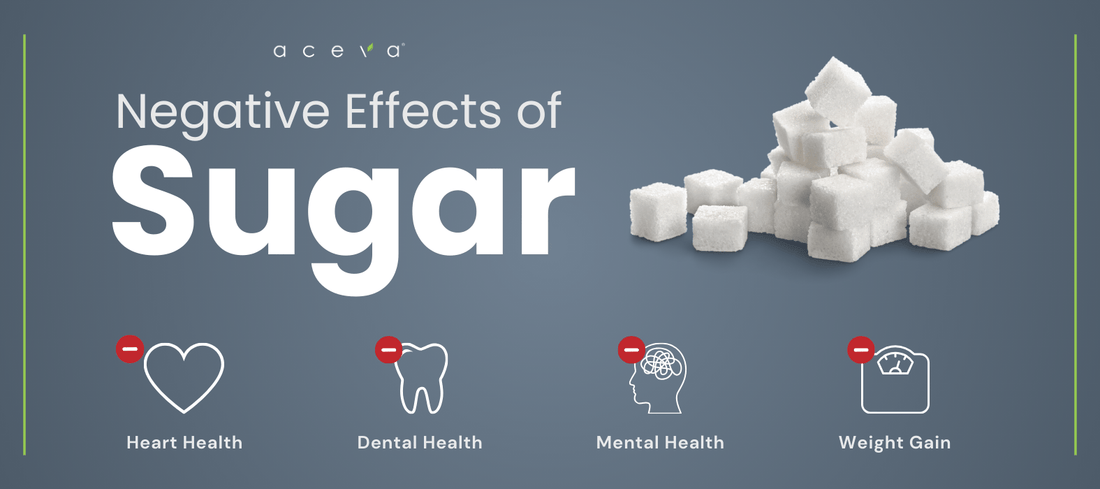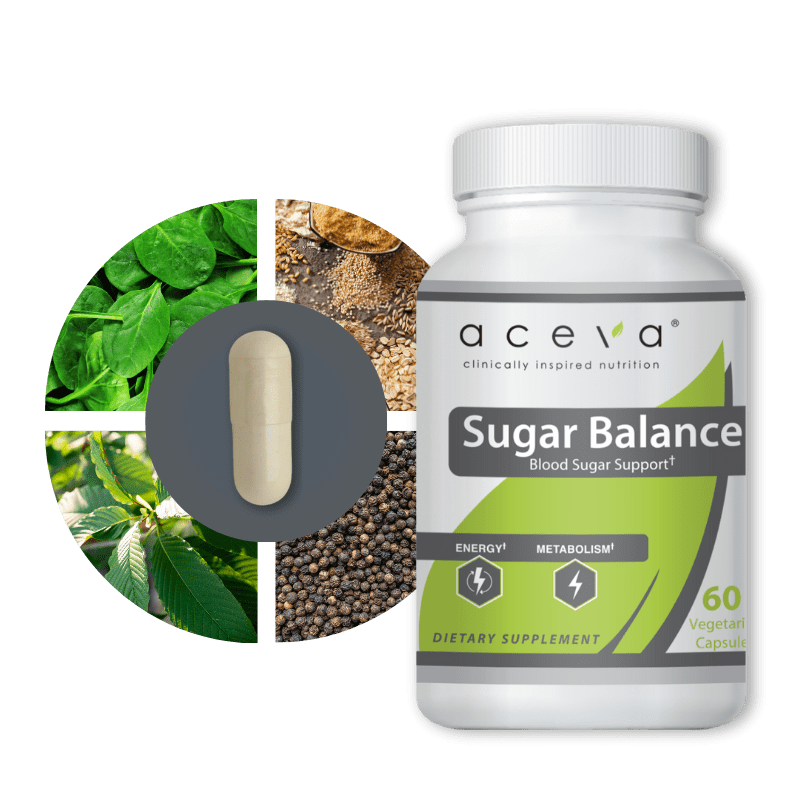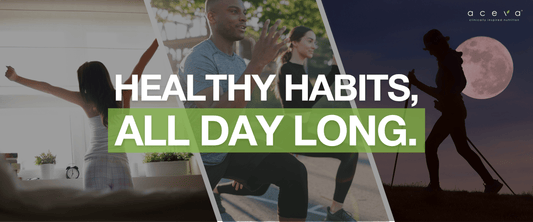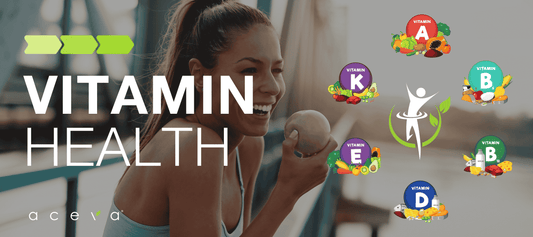These days, sugar has become all too present in our diets, often hiding in processed foods and beverages. While it may add sweetness to our favorite treats, the negative impact it has on our health cannot be ignored. From weight gain to increased risk of chronic diseases, the effects of excessive sugar consumption are alarming.
In this blog post, we'll delve into the detrimental effects of sugar on the body and explore practical strategies to reduce your intake for better health.
The Hidden Dangers of Sugar
Weight Gain: Consuming too much sugar can lead to weight gain as it provides empty calories without any essential nutrients. Excess sugar is converted into fat in the liver, contributing to visceral fat accumulation and an increased risk of obesity.
Increased Risk of Chronic Diseases: High sugar intake has been linked to an array of chronic diseases, including type 2 diabetes, heart disease, and certain types of cancer. Sugar consumption can lead to insulin resistance, inflammation, and elevated triglyceride levels, all of which are risk factors for these conditions.
Dental Problems: Sugar is a primary culprit behind tooth decay and cavities. When consumed, sugar interacts with bacteria in the mouth, producing acids that erode tooth enamel and promote decay.
Energy Crashes: While sugar may provide a temporary energy boost, it's often followed by a crash in energy levels. This rollercoaster effect can leave you feeling tired, irritable, and craving more sugar to regain energy, perpetuating a vicious cycle of consumption.
Strategies to Reduce Sugar Intake
Read Food Labels: Become an avid label reader and check the sugar content of packaged foods and beverages. Look out for hidden sugars under various names like sucrose, fructose, glucose, and high fructose corn syrup.
Choose Whole Foods: Opt for whole, unprocessed foods whenever possible. Fruits, vegetables, lean proteins, and whole grains are naturally low in added sugars and rich in essential nutrients.
Limit Sugary Drinks: Cut back on sugary beverages like soda, fruit juices, and sweetened teas, which can contribute significantly to your daily sugar intake. Instead, hydrate with water, herbal teas, or infused water for a refreshing and sugar-free alternative.
Opt for Natural Sweeteners: When sweetening foods and beverages, choose natural alternatives like stevia, monk fruit, or raw honey in moderation. These options provide sweetness without the negative health effects associated with refined sugar.
Practice Mindful Eating: Pay attention to your body's hunger and satiety cues and practice mindful eating to avoid mindless snacking on sugary treats. Focus on enjoying balanced meals that nourish your body and satisfy your taste buds without relying on sugar.
By understanding the detrimental effects of sugar on the body and implementing practical strategies to reduce intake, you can take control of your health and well-being. Making informed choices, reading labels, and prioritizing whole, nutrient-dense foods are key steps towards reducing sugar consumption and promoting optimal health.
Make these changes today and set out on a path toward a healthier, sugar-free lifestyle.






